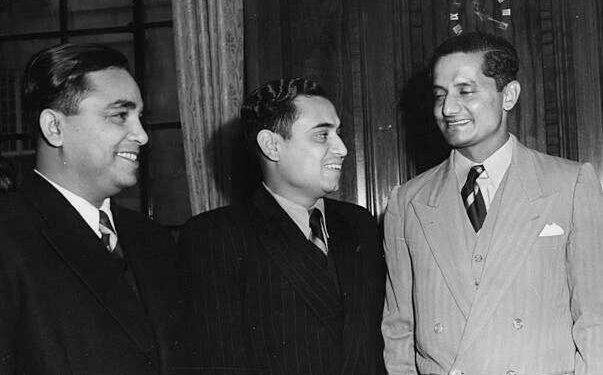Alberuni or Al-Biruni (English: Al-Biruni, born- September 15, 973 AD, Khwarizm, Persia; death- December 13, 1048 AD, Ghazni, Afghanistan) was a Persian scholar, writer, scientist, religionist and thinker. He was a resident of ‘Rabiwa’. It was born in ‘Khwarizm’. Khwarizm was conquered by Mahmud Ghaznavi in 1017 AD. Alberuni was brought to Ghazni as a prisoner before Sultan Mahmud Ghaznavi. Impressed by his scholarship, Mahmud Ghaznavi appointed him the ‘royal astrologer’ of his kingdom. Alberuni had also written a book named ‘Kitab-ul-Hind’. Alberuni was a master of Arabic, Persian, Turkish, Sanskrit, mathematics and astronomy.
‘Kitab ul Hind’ was the most popular book among the total 14 books written by Alberuni. His book is considered a major source of the history of South Asia. Alberuni came to India with the army of Sultan Mahmud Ghaznavi and stayed in Punjab for many years. His real name was ‘Abu Raihan Muhammad’, but he is more famous by the name ‘Alberuni’, which means ‘Master’. He was a great scholar. While living in India, he studied Sanskrit as a subject with great love and also studied Hindu philosophy and other scriptures in depth. On the basis of this study, he wrote a book named ‘Tahkeek-e-Hind’ (Discovery of India). In this book, the history, character, conduct, behavior, traditions and scientific knowledge of Hindus have been described in detail. It contains authentic and invaluable details of Indian history and culture before the invasion of Muslims. Many of his books are inaccessible, but among those available, ‘The Chronology of Ancient Nations’ (History of Ancient Nations) translated into English by Sachau is enough to prove his scholarship.






